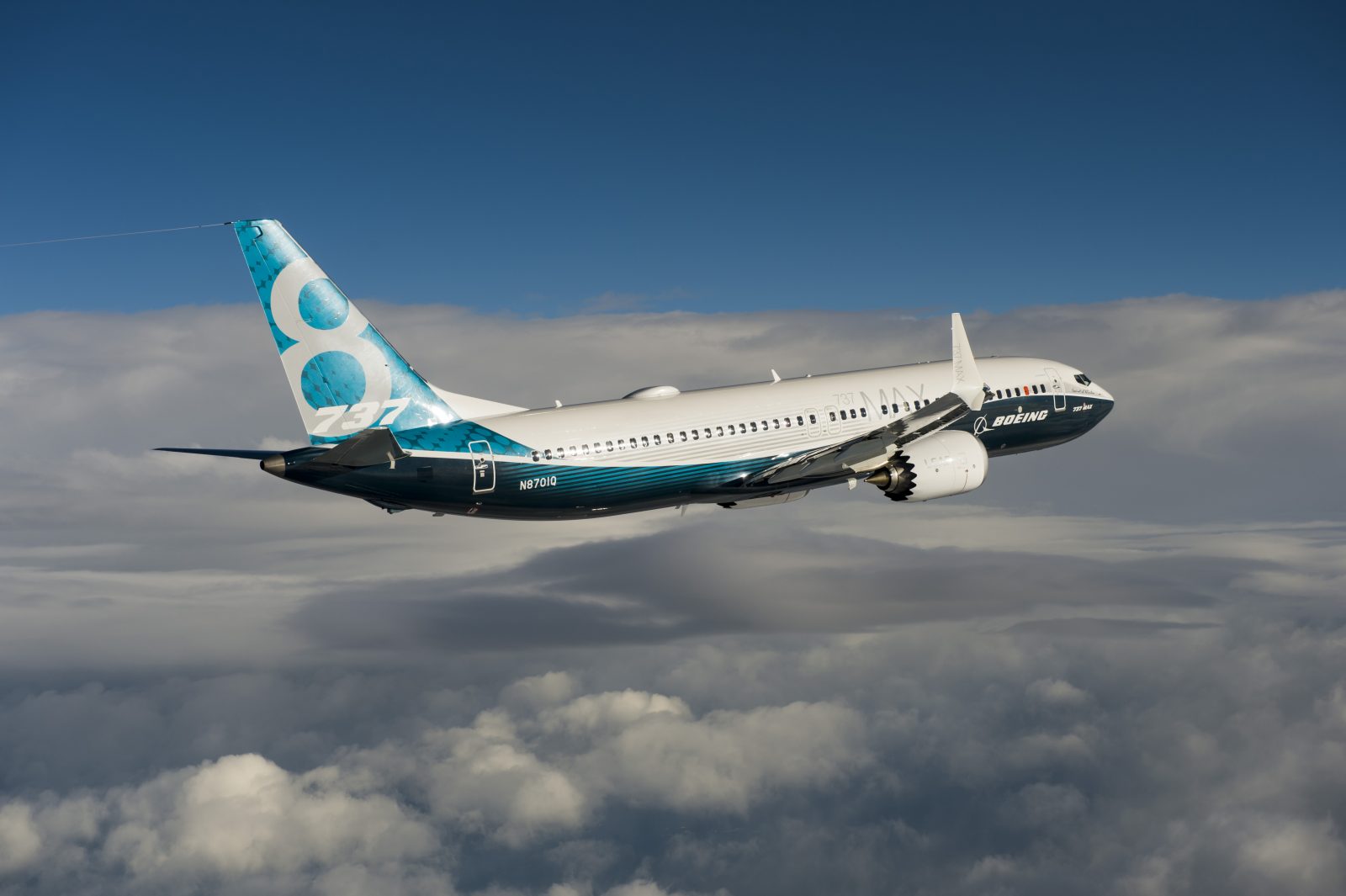
Aviation policy changes can seem complex, but understanding them is crucial for anyone interested in air travel. Why do these changes matter? They impact everything from ticket prices to flight safety. Over the years, governments and aviation authorities have introduced numerous regulations to improve efficiency, security, and environmental sustainability. These policies can affect airlines, passengers, and even the global economy. What are some key changes? From stricter security measures post-9/11 to recent shifts towards greener aviation practices, the landscape is always evolving. Knowing these changes helps travelers make informed decisions and stay ahead in the ever-changing world of air travel.
Key Takeaways:
- Aviation policy changes are shaping a greener and safer future for air travel. From reducing carbon emissions to enhancing safety measures, these shifts aim to improve the industry's environmental impact and passenger well-being.
- The aviation industry is adapting to technological advancements and economic shifts. From integrating drones into airspace to offering incentives for eco-friendly practices, these changes are paving the way for a more innovative and sustainable aviation sector.
Aviation Policy Changes: A Closer Look
Aviation policy changes can significantly impact the industry, affecting everything from safety regulations to environmental standards. Here are some key facts about recent shifts in aviation policies.
Stricter Environmental Regulations
Governments worldwide are tightening environmental regulations to reduce aviation's carbon footprint.
- Carbon Emission Targets: Airlines must now meet specific carbon emission targets, pushing them to adopt greener technologies.
- Sustainable Aviation Fuel (SAF): Policies encourage the use of SAF, which can reduce emissions by up to 80%.
- Noise Pollution Standards: New rules aim to minimize noise pollution around airports, benefiting nearby communities.
Enhanced Safety Measures
Safety remains a top priority in aviation, and recent policy changes reflect this focus.
- Pilot Training Requirements: Enhanced training programs ensure pilots are better prepared for emergencies.
- Aircraft Maintenance Protocols: Stricter maintenance protocols help prevent mechanical failures.
- Passenger Safety Regulations: New guidelines improve in-flight safety, including better emergency procedures.
Technological Advancements
Technology plays a crucial role in modernizing aviation, and policies are adapting to keep pace.
- Drone Integration: Policies now include guidelines for integrating drones into commercial airspace.
- Cybersecurity Measures: Enhanced cybersecurity protocols protect against potential threats to aviation systems.
- Autonomous Aircraft: Regulations are being developed to govern the use of autonomous aircraft, paving the way for future innovations.
Economic Impacts
Policy changes also have significant economic implications for the aviation industry.
- Subsidies and Incentives: Governments offer subsidies and incentives to airlines that adopt eco-friendly practices, helping offset the costs of new technologies.
The Final Approach
Aviation policy changes impact everyone from frequent flyers to airline staff. These shifts can affect ticket prices, flight routes, and even the overall travel experience. Staying informed about these changes helps travelers make better decisions and adapt to new regulations. Airlines also need to stay updated to ensure compliance and maintain customer satisfaction.
Understanding the reasons behind policy changes, like safety improvements or environmental concerns, can make the adjustments easier to accept. Whether it's new security measures or changes in baggage allowances, being prepared can save time and reduce stress.
So, next time you book a flight, take a moment to check for any recent policy updates. It might just make your journey smoother. Keep these facts in mind, and you'll navigate the skies with confidence and ease. Safe travels!
Frequently Asked Questions
Was this page helpful?
Our commitment to delivering trustworthy and engaging content is at the heart of what we do. Each fact on our site is contributed by real users like you, bringing a wealth of diverse insights and information. To ensure the highest standards of accuracy and reliability, our dedicated editors meticulously review each submission. This process guarantees that the facts we share are not only fascinating but also credible. Trust in our commitment to quality and authenticity as you explore and learn with us.


